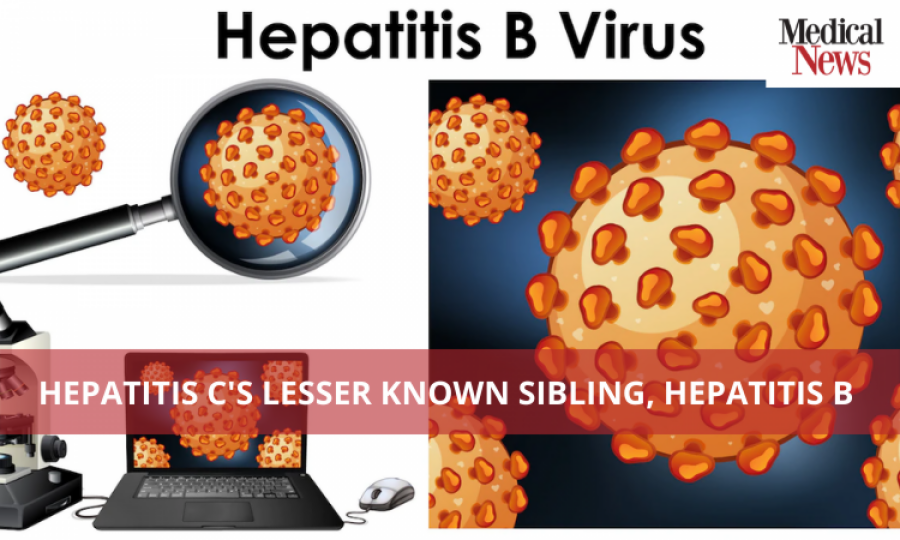Hepatitis C's Lesser Known Sibling: Hepatitis B

Hepatitis is an inflammatory condition of the liver which impairs its functionality. Various forms of Hepatitis are caused by different viruses such as Hepatitis A, B, C, D, and E.
While all types have different characteristics and impacts on the body. Hepatitis B and C share some similarities. They are both known as “silent killers'' as the diseases develop slowly over several years.
As a result, many patients are unaware that they are infected and exhibit no symptoms until it is too late.
Causes
Hepatitis B is usually acquired early in life, but adults may contract it too. Its transmission is through bodily fluids like blood and semen. Common ways of transmitting Hepatitis B include:
● Infected Hepatitis B mother passing it at birth
● Exposure to contaminated body fluids or medical instruments
● Unprotected sexual contact
● Intranasal and injection drug use
● Accidental needle-stick injury
● Tattoos
● Body piercings
Symptoms
Mostly, chronic Hepatitis B and C patients report no initial specific symptoms. For Hepatitis B, some symptoms include fluid buildup within the abdominal cavity, confusion, tremors, and blood in the vomit or stool. Typically, symptoms that help with diagnosis only appear during end-stage liver disease, including liver cirrhosis, liver cancer, and liver failure.
Diagnosis
Both Hepatitis B and C are diagnosed via blood tests. Hepatitis B diagnosis involves a series of blood tests. The test shows a current infection or detects if antibodies are present. If a person has a positive screening test, more tests are conducted to establish blood levels of the virus.
Treatment
Currently, oral medications are prescribed for Hepatitis B and C. All Hepatitis B patients do not require treatment as it is possible to recover on their own.
They are usually given treatment if the virus level is high or if there is significant inflammation or injury to the liver indicated in laboratory tests.
There are seven approved oral medications for Hepatitis B. They are usually taken once daily. These drugs are effective at managing the condition but are not curative.
Vaccination
Currently, a vaccine is available for Hepatitis B but not for Hepatitis C. Hepatitis B vaccination involves a series of three shots, which is highly effective.
All newborns are to be vaccinated for Hepatitis B.
All pregnant women are also screened to take preventative measures to decrease the risk of transmission to the baby.
Trending
Popular
Sindh pledges vigorous action to prevent poliovirus transmission
-
PMA stresses health equity on World ...
04:08 PM, 9 Apr, 2024 -
Dow University’s new rabies vaccine ...
12:18 PM, 28 Mar, 2024 -
IRD role lauded in advancing ...
02:53 PM, 12 Mar, 2024 -
Over one billion people worldwide ...
09:48 AM, 5 Mar, 2024




